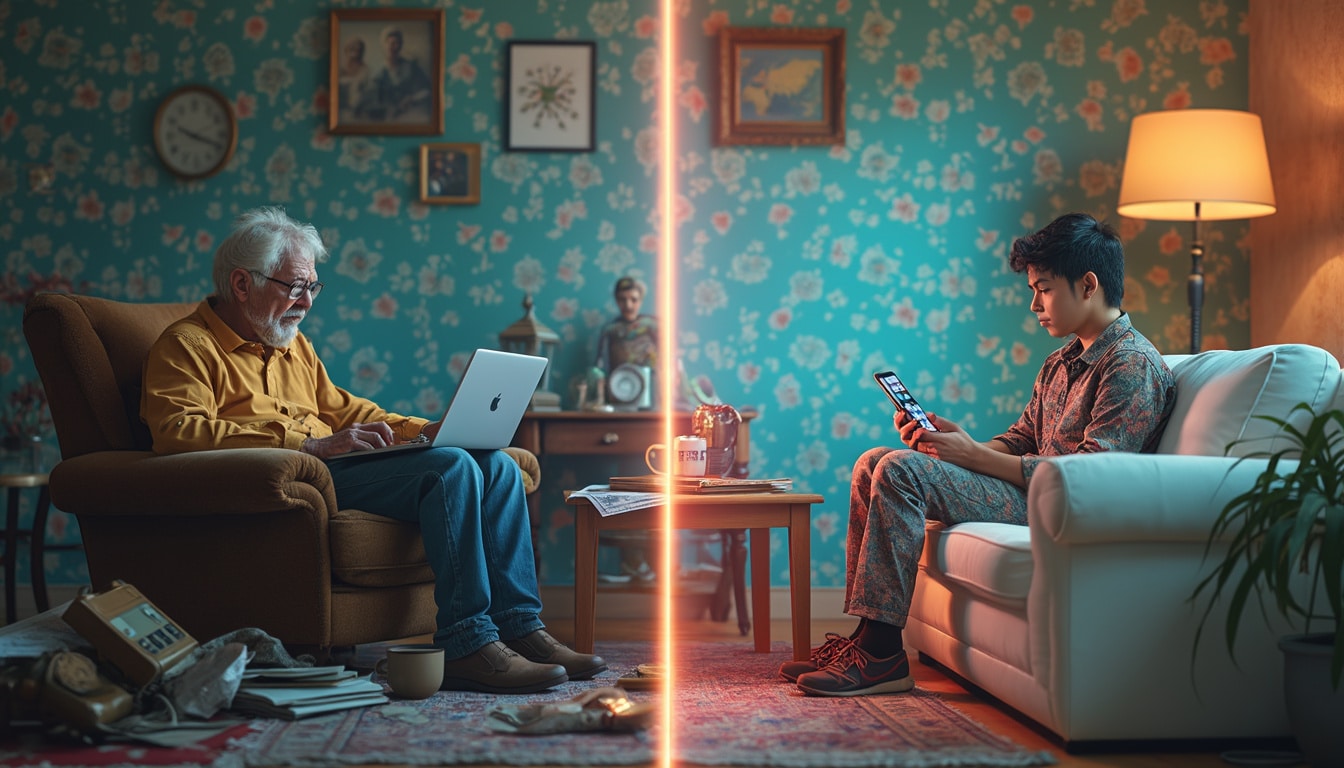Hold onto your keyboards, folks, because the internet’s bustling bazaar of fake and fantastical product reviews just got a reality check in the U.S. In a plot twist worthy of a courtroom drama, the Federal Trade Commission has declared war on AI-generated fake reviews. These cunningly crafted digital opinions, previously slipping under the radar like ninjas in the night, are now on the FTC’s naughty list. Companies thinking they can fool the public with fictitious raves about their latest scented candle or kitten mittens will have to think twice. With penalties as real as grandma’s secret chili recipe at stake, it’s time for online transparency to shine like a freshly cleaned screen.
The U.S. Federal Trade Commission (FTC) has taken a stand against AI-generated fake reviews by declaring them officially illegal. In an effort to protect consumers and promote transparency, the new regulations prohibit businesses from creating or using false testimonials to manipulate public opinion. Companies caught engaging in such deceitful practices will now face civil penalties. This initiative aims to scrub the virtual marketplace of misleading feedback and exaggerated claims, bringing back trust in online reviews. Although currently enforced only in the United States, these guidelines could soon influence European policy, paving the way for a more genuine digital shopping experience globally.

Table of contents
Togglethe ramifications of new FTC rules on ai-generated reviews
In what some may call a plot twist worthy of an award-winning drama, the Federal Trade Commission (FTC) has laid down the law against the sneaky offenders of the digital world: AI-generated fake reviews. Yes, you heard it right! Kind of like banning fake mustaches at a Spanish dance party. This significant move to curb fraudulent activities comes as a shield for consumers who have been unwittingly influenced by these deceptive creations. A consumer seeing five stars for a hairdryer that’s more like a fancy paperweight should now thankfully be a thing of the past!
impact on businesses and e-commerce platforms
The heart rate of businesses that relied on generating glowing, albeit fictional, reviews might be skyrocketing right now. Companies that dabble in such practices may want to rethink their strategies or face financial repercussions that will hit harder than getting caught stealing cookies at a family dinner. These new FTC regulations don’t just make it illegal to publish fake and AI-generated testimonials, but they also include penalties that could make a well-established e-commerce empire crumble faster than a chocolate chip cookie in milk. It’s time for businesses to get real, quite literally.
how consumers benefit from the crackdown on fake reviews
Consumers, rejoice! You can now sip that morning coffee in the firm belief that those rave reviews of the new espresso machine weren’t penned by a rogue AI under the influence of caffeinated madness. The crackdown aims to give a genuine view of products and services, clearing the clutter of fictional feedback that had been misleading. With the fake reviews now declared illegal, navigating online shopping experiences is set to become clearer. The expectation is that consumers will now have a steady foundation for making purchasing decisions backed by authentic user experiences.
FTC announces final rule banning fake reviews and testimonials. The rule will allow agency to strengthen enforcement, seek civil penalties against violators, and deter AI-generated fake reviews: https://t.co/66aG3YDZAj /1
— FTC (@FTC) August 14, 2024














